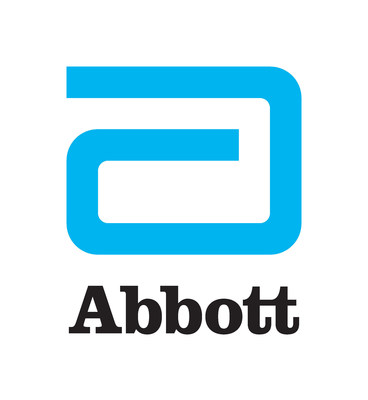- 45% of blood donations have historically come from people over 50 years old, but that number is declining1
- As more millennials bring their passion to blood donation, they can fill the gap left by aging baby boomers
- Abbott, the global leader in blood screening, is asking people of all generations to sign up to give blood and help save a life on World Blood Donor Day, June 14, and throughout the year
ABBOTT PARK, Ill., June 13, 2019 /PRNewswire/ -- A new survey from Abbott (NYSE: ABT) finds that millennials may be the key to a growing public health problem: a shortage in donated blood. Of the millennials surveyed, 12% say they are regularly donating blood.2 As that number grows, millennials can help ensure there is an adequate blood supply.
Historically, 45% of blood donations in the U.S. are from people 50 and older.1 A large portion of these regular donors are baby boomers who are starting to reach an age when they develop health problems that make them ineligible to give blood. Many from Gen X are giving, but it's a smaller generation.3 With millennials expected to overtake baby boomers as the nation's largest living adult generation in 2019, it's more critical than ever that this new generation of blood donors step up to take boomers' place.3
The survey reveals some of the things that would motivate millennials to donate:2
- 23% said they would donate if they knew someone who needed blood
- 20% would donate if there was a special need specifically for their blood type
- 18% said they'd be inspired if they could see the impact on someone's life
"Millennials are known for wanting to positively impact global issues, and we are hoping to see that passion applied to donating blood," said Alexander Carterson, M.D., Ph.D., global medical director, Transfusion Medicine, Abbott. "If more millennials are inspired to donate regularly, they have the potential to make a significant impact in blood donation and in people's lives."
Taking Action to Help Save Lives
Eddie Ogunro, a millennial who works at Abbott, regularly donated blood while in college but stopped when he entered the workforce. "It was never because I didn't want to, I just didn't really have the time," said Ogunro. "Working at Abbott, I've seen firsthand the impact giving blood can have, and I've been inspired to give again. It's an awesome feeling to know you can help save someone's life."
"Donating blood is the one selfless act that most people can do to transform three lives from just one donation," said Dave Green, CEO and President of Vitalant, formerly Blood Systems. "We're asking everyone, especially the younger generations, to step up and donate so they can save lives, and maybe transform their own in the process."
Abbott launched the BE THE 1™ donor campaign to inspire more people to regularly donate blood, putting the power of saving lives into their own hands. Visit www.bethe1donor.com to learn more about blood donation, pledge to donate and find a donation location near you. In most states, anyone who is at least 17 years of age, in good health and at least 110 pounds can give blood.
About the Survey:2
The survey, which evaluated Americans attitudes around blood donation, was conducted online by YouGov, a global public opinion and data company, with 2,723 U.S. adults (18 years and older), in May 2019. Millennials refer to those born between 1981-1996. Gen X refers to those born between 1965-1980.
About Abbott:
Abbott is a global healthcare leader that helps people live more fully at all stages of life. Our portfolio of life-changing technologies spans the spectrum of healthcare, with leading businesses and products in diagnostics, medical devices, nutritionals and branded generic medicines. Our 103,000 colleagues serve people in more than 160 countries.
Connect with us at www.abbott.com, on LinkedIn at www.linkedin.com/company/abbott-/, on Facebook at www.facebook.com/Abbott and on Twitter @AbbottNews and @AbbottGlobal.
- 2012-2014 AABB donor hemovigilance report. AABB (formerly American Association of Blood Banks). http://www.aabb.org/research/hemovigilance/Documents/2012-2014-AABB-Donor-Hemovigilance-Report.pdf
- Abbott-YouGov survey, May 2019.
- Millennials projected to overtake baby boomers as America's largest generation. Pew Research Center. https://www.pewresearch.org/fact-tank/2018/03/01/millennials-overtake-baby-boomers/
SOURCE Abbott

For further information: Abbott Media: Jessica Masuga, +1 (224) 668-0650, or Kim Modory, +1 (224) 668-4696, or Abbott Financial: Lukas Szot, +1 (224) 667-2299
 BACK TO PRESS RELEASES
BACK TO PRESS RELEASES
